
Chad Browneagle, Shoshone/Spokane, joins the struggle against the Dakota Access Pipeline. (Photo: Jaida L Grey Eagle)
By Jaskiran Dhillon and Siku Allooloo, Truthout
Though Christopher Columbus never set foot in what is now the United States, Columbus Day is hailed as a symbol of the founding of the country. And without question, his arrival unleashed the Christian Doctrine of Discovery — a colonial invention of European international law that legitimated genocide, enslavement and the expropriation of Indigenous homelands. This paved the way for violent settler colonies like the United States to dominate “the Americas.” Rejecting Columbus Day is about dismantling this legacy, as well as challenging historical representations that erase Indigenous peoples’ lived experience and make colonial narratives about the creation of the US seem both natural and inevitable. But it is also about more than that.
Instead of celebrating Columbus’s symbolic role in the founding of the United States, we can reposition him as a founding source of colonial exploitation, which continues to this day. Recasting our view in this way reveals the contemporary forms of settler colonialism threaded through social and political life in the US. The growing movement to critically interrogate Columbus Day is not simply to acknowledge the atrocities committed by Columbus and his contemporaries. It is twofold: to affirm the continual presence of Indigenous peoples, and to advocate in support of present-day efforts to eradicate state violence against Indigenous lands and bodies, including the return of ancestral territories. Such an interrogation challenges an innocuous and expressly historical commemoration of Columbus Day, which relegates both colonial atrocities and Indigenous peoples to things of the past.
Centering Indigenous experience and urgent concerns is not a plea for inclusion in US society. It is about making visible the reality of systemic violence and injustice that is part of everyday life for Indigenous communities. It’s also about exposing the inescapable, ongoing fact of settler complicity in reproducing these dynamics.It is a demonstration of our active presence, as well as a call for people to face the political moment in which we find ourselves. Moreover, it’s a call to meaningfully engage the ways that Indigenous nations are raising fundamental, critical questions about justice, freedom and the future of the planet.


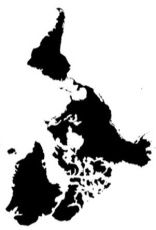

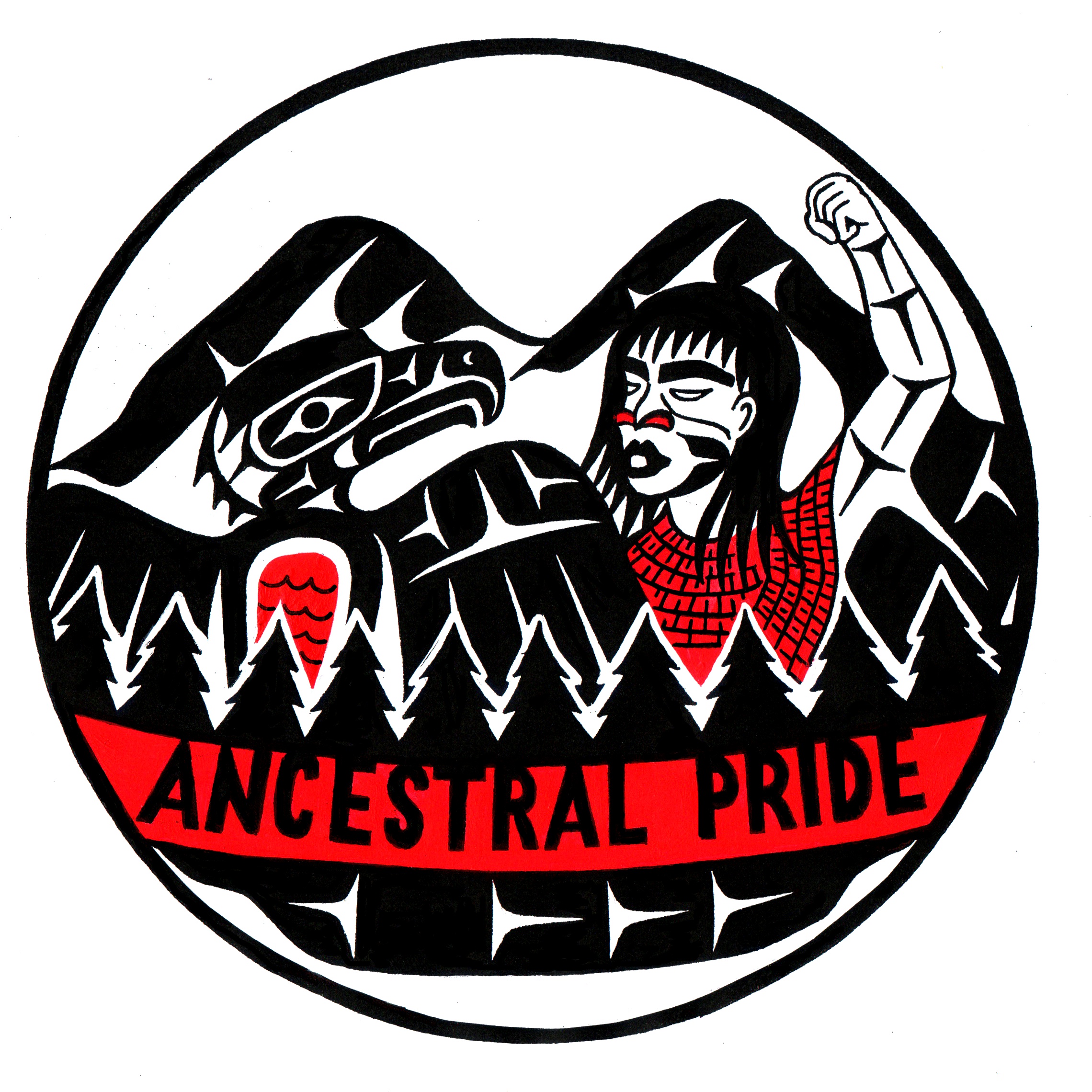

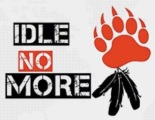



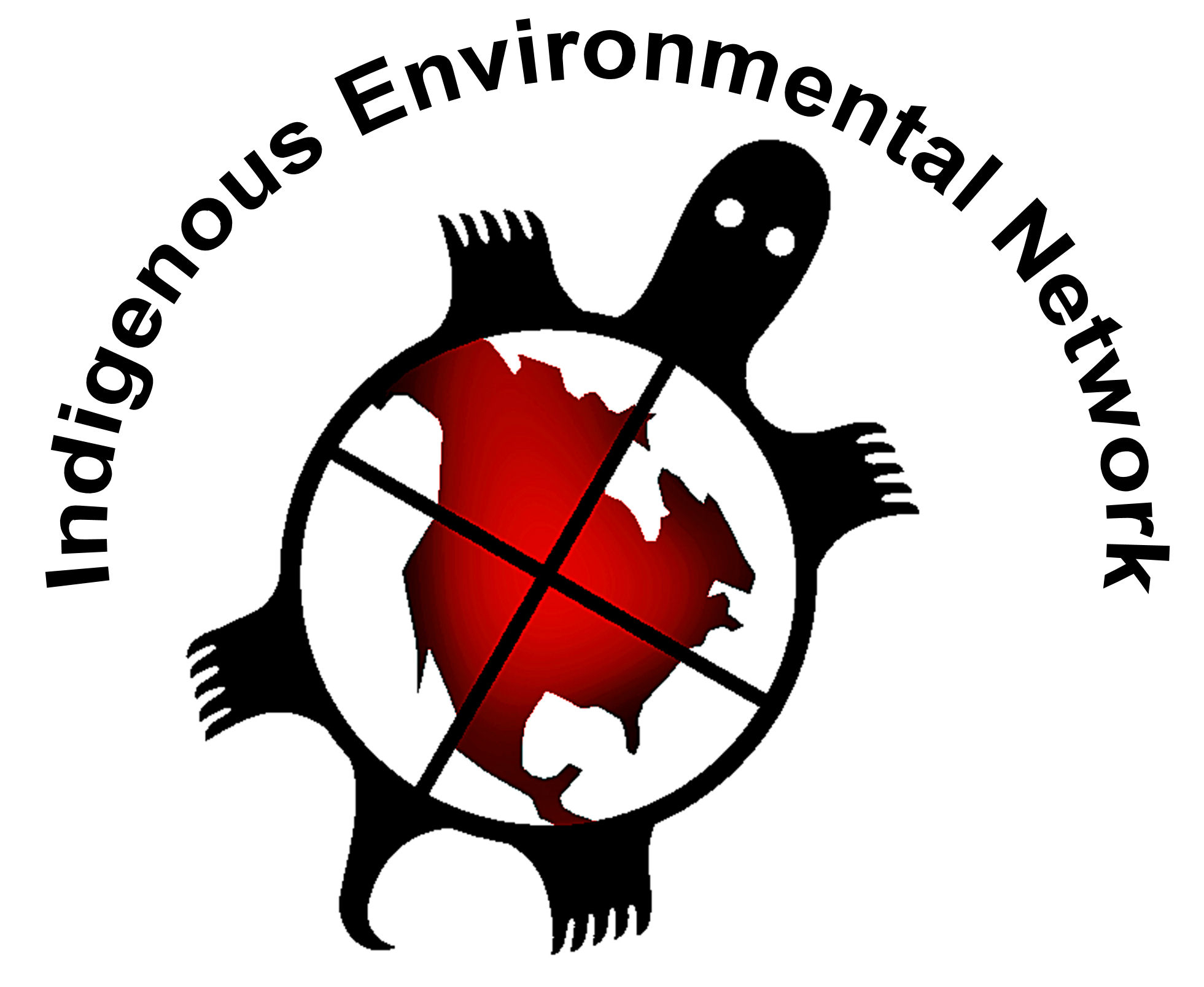








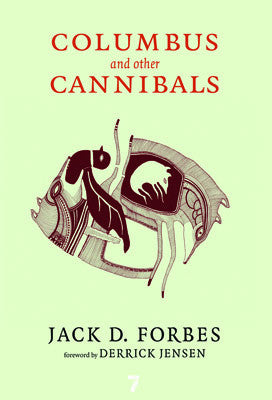
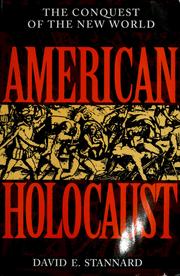






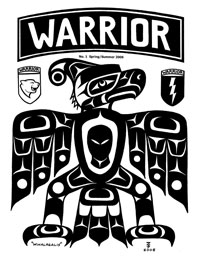


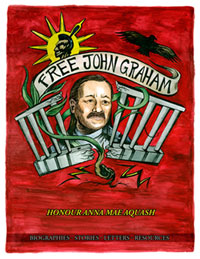



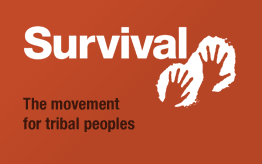


Absolutamente se deve educar a lso nuevos migrantes latinos Hispanos a entender lo que significa cambiar de Nonbre la raza Indijena por la invasora estos don conceptos son ocultados por el mismo systema de ” Educacion a sea la Desinfformacion perpetrada por los Invasores para lograr sus agendas genocidas
On Mon, Oct 10, 2016 at 3:32 PM, Unsettling America wrote:
> Tlalli Yaotl posted: ” By Jaskiran Dhillon and Siku Allooloo, Truthout > Though Christopher Columbus never set foot in what is now the United > States, Columbus Day is hailed as a symbol of the founding of the country. > And without question, his arrival unleashed the Christia” >